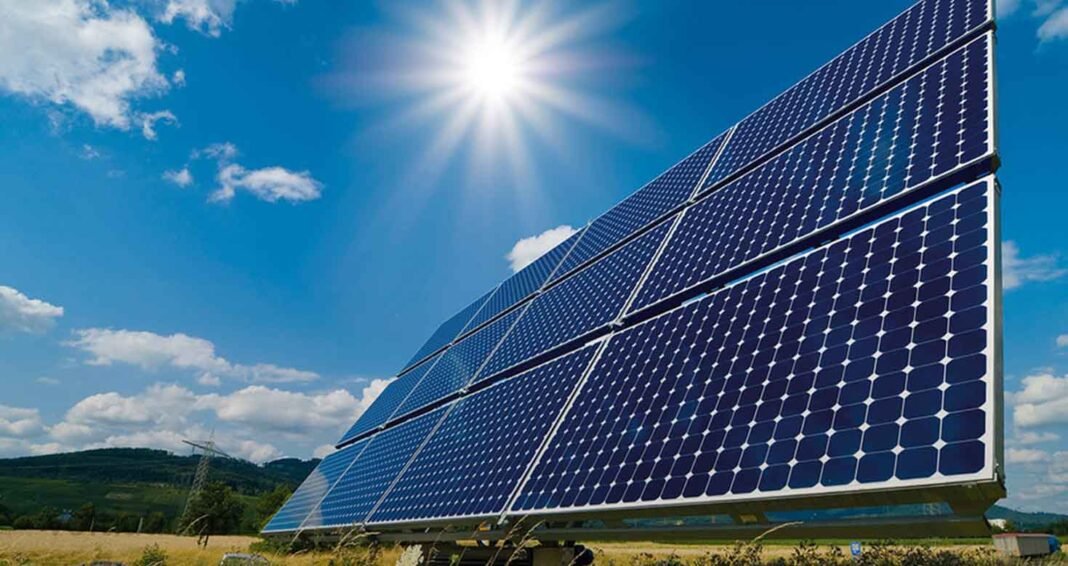Iraq has taken a major step toward cleaner energy as Kirkuk authorities approved several sites for new solar power plants. This decision supports the Iraqi government’s wider plan to expand Iraq renewable energy and reduce reliance on fossil fuels.
Additionally, Governor Rakan Taha confirmed the approval during the Kirkuk International Solar Energy Exhibition, where he announced that the new projects will help relieve pressure on the national grid. He said the solar stations would help reduce power outages, especially during summer when demand reaches its peak.
Therefore, Taha explained that the Kirkuk administration will cooperate closely with the Ministry of Electricity and private investors to ensure the projects’ success. He stressed that all administrative and technical facilities will be provided to guarantee fast and efficient implementation.
Furthermore, the Kirkuk International Solar Energy Exhibition will continue for several days, featuring the latest innovations in solar technology and hosting expert discussions about the future of Iraq renewable energy. The event underscores Iraq’s growing commitment to sustainable power generation and environmental protection.
Although Iraq is one of the world’s top oil producers, it still suffers from frequent electricity shortages and depends heavily on energy imports. Gas flaring and outdated power infrastructure continue to challenge the country’s energy system. To tackle these issues, the government is moving to diversify its energy sources and improve production efficiency.
Additionally, to strengthen Iraq renewable energy, Baghdad recently launched a $6 billion national initiative aimed at generating 12 gigawatts of green electricity by 2030. Therefore, the ambitious plan involves partnerships with major international firms including TotalEnergies, Masdar, and PowerChina.
Electricity Minister Ziyad Ali Fadel said the program will add 10,000 megawatts to Iraq’s national grid. This marks a key milestone in Iraq’s strategy to modernize its energy sector, enhance energy security, and meet future demand through sustainable development.


